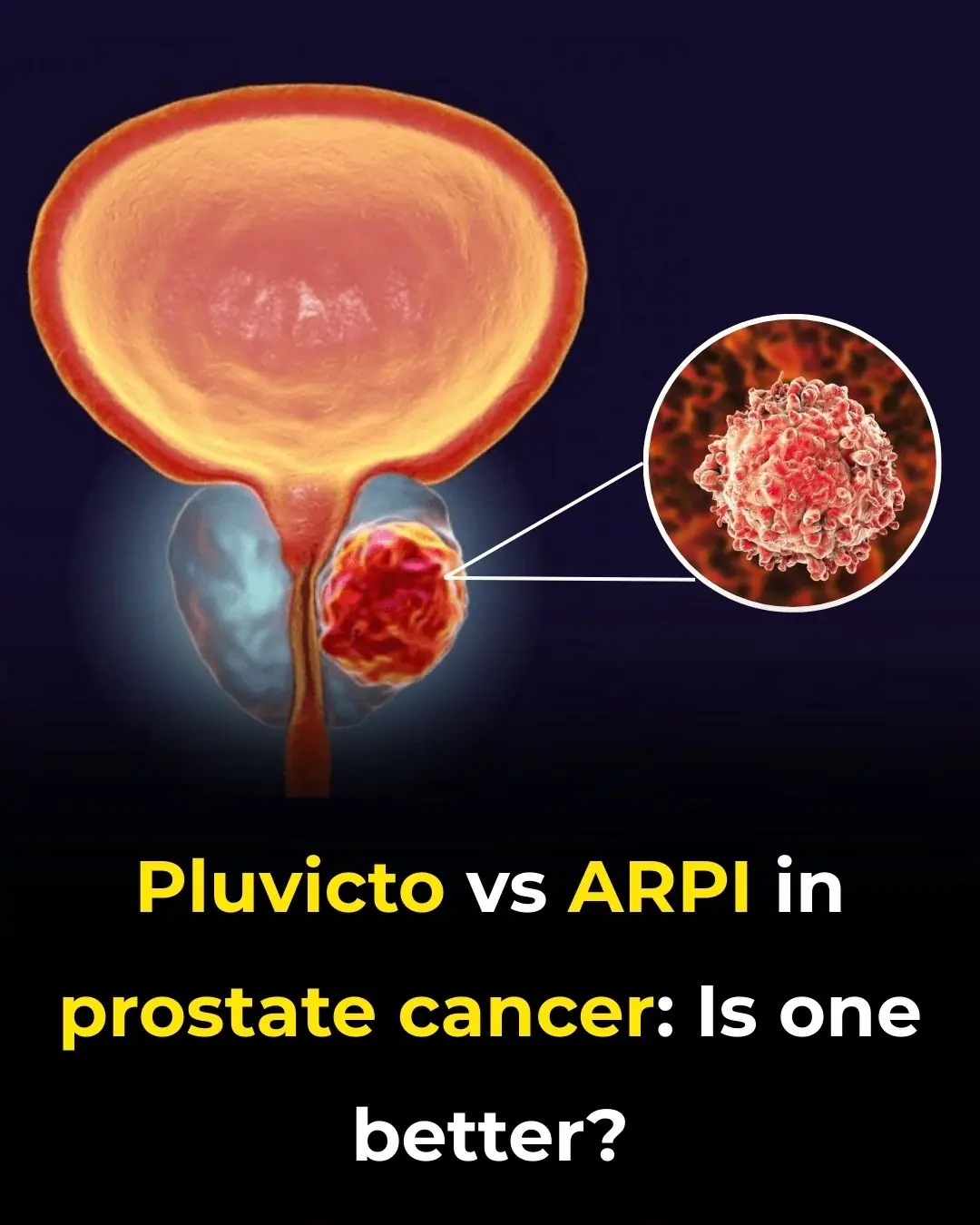Adding the novel CDK4/6 inhibitor tibremciclib (Betta Pharmaceuticals) to second-line fulvestrant significantly extended progression-free survival (PFS) in patients with HR-positive/HER2-negative advanced breast cancer, but with the tradeoff of increased toxicity, new data suggest.
Compared with fulvestrant alone, the combination prolonged median PFS for these patients by 11 months, according to results from the phase 3 TIFFANY trial. However, similar to existing CDK4/6 inhibitors, the tibremciclib-fulvestrant combination added to treatment side effects — including substantially higher rates of diarrhea, hematologic toxicities, and hypokalemia.
The authors of the analysis, published in JAMA Oncology, described the toxicities as "manageable," emphasizing that few patients stopped treatment because of them.
Study author Xichun Hu, MD, of Fudan University Shanghai Cancer Center, told Medscape Medical News that tibremciclib compares favorably with other CDK4/6 inhibitors in terms of dose reduction and discontinuation rates. However, Hu noted, that’s based on cross-trial comparisons, which have to be interpreted with caution.
Kathy Miller, MD, who was not involved in the trial, had a similar take.
“Toxicity actually looks similar to ribociclib and palbociclib, with primarily myelosuppression and little non-heme toxicity,” Miller, of the Melvin and Bren Simon Comprehensive Cancer Center at Indiana University, told Medscape Medical News.
Tibremciclib plus fulvestrant was recently approved in China for HR-positive/HER2-negative advanced breast cancer following results from the trial, but the combination has yet to be approved in the US.

























